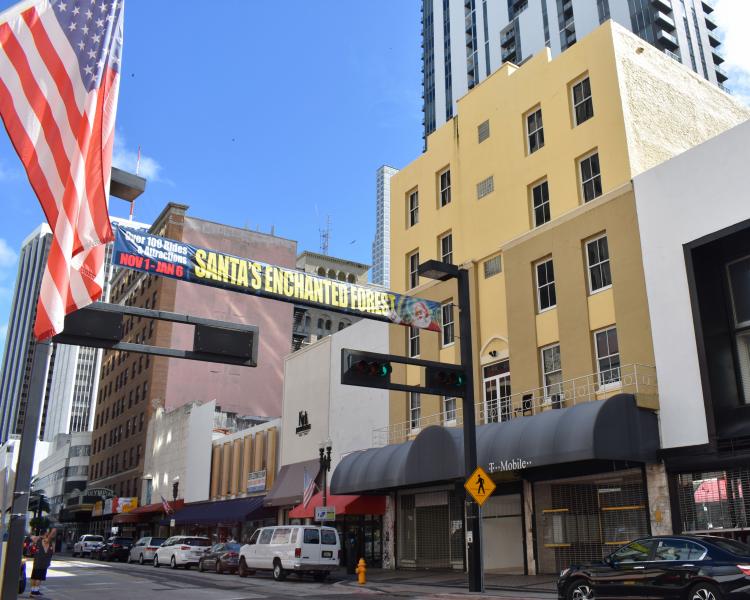
Amendment 2, which would impose a $15 minimum wage, is on the ballot in Florida, posing a risk to jobs and businesses across the Sunshine State.
If approved, it would set a schedule to gradually hike the minimum wage from $8.56 per hour now, up to $15 an hour in 2026. After 2026, the minimum wage will continue to rise in proportion with inflation.
Voters have approved 24 of 26 minimum wage increases on the ballot since 1996. According to Saint Leo University Polling Institute, 41.8 percent of Florida residents strongly support a minimum wage increase while only 12 percent strongly oppose.
Few states and cities have experimented with such a high minimum wage. New York City and State created headlines when they first ramped up to the fabled $15 an hour. Seatac, WA was the first locality to push forward with a $15 minimum wage. The results have not been great, as the artificially high wage outlaws opportunities for people just starting out. Studies have shown that jobs are lost, yes, but hours being cut is perhaps the biggest effect.
Small business owners will also take a major hit. Certain types of restaurants, amusement parks, and other businesses that higher low skill workers could be seriously impacted or shut down.
Drew McLeod, owner of the restaurant Savour in Tallahassee said “There is no doubt that Amendment 2 will increase labor costs for my business significantly ($350,000 in the first 5 years of implementation and at least $100k/year thereafter)… and, with razor-thin margins as a rule, it would put my family-owned restaurant with 25 employees into a situation where we will be forced to close.”.
According to a Harvard Business School study, each one dollar increase in the minimum wage for a 3.5 star restaurant, Yelp average, results in a 14 percent increase in likelihood that a restaurant will go out of business.
Big unions also back this measure unsurprisingly, as high skilled labor would be more protected from competition if this Amendment passes, those who would suffer would only be those less established and educated. Professor Thomas Rustici articulates this point succinctly in his seminal work on the topic “Unions everywhere support the minimum wage, a fact that could be deduced from the above analysis of the labor substitution effect of the minimum wage law. Unions are labor cartels that attempt to restrict the supply of workers entering given occupations. Since nonunion labor is priced below the cartelized price of union labor, it is an attractive substitute for union workers.”
People may overlook the fact that this action will be an amendment to Florida’s constitution, and if citizens don’t like the economic impact of this minimum wage schedule, changing this or going back could be very difficult.
Florida’s minimum wage was already well above the federal wage requirement, and it is already tied to inflation. It should not be a target for the “Fight for 15” crew, but the state’s amendment process and ability for outside groups to push issues on the ballot was too enticing to pass up apparently.
The COVID 19 pandemic has shaken Florida’s economy, especially the hospitality industry. The last thing that Florida needs right now is an arbitrary minimum wage hike that will kill more jobs and crush struggling businesses.
Americans for Tax Reform has included this Amendment in the 2020 State Ballot Measure Guide, recommending a “no” vote, and discussed the measure in-depth with James Madison Institute’s Sal Nuzzo on the “From the Swamp to the States” podcast.

